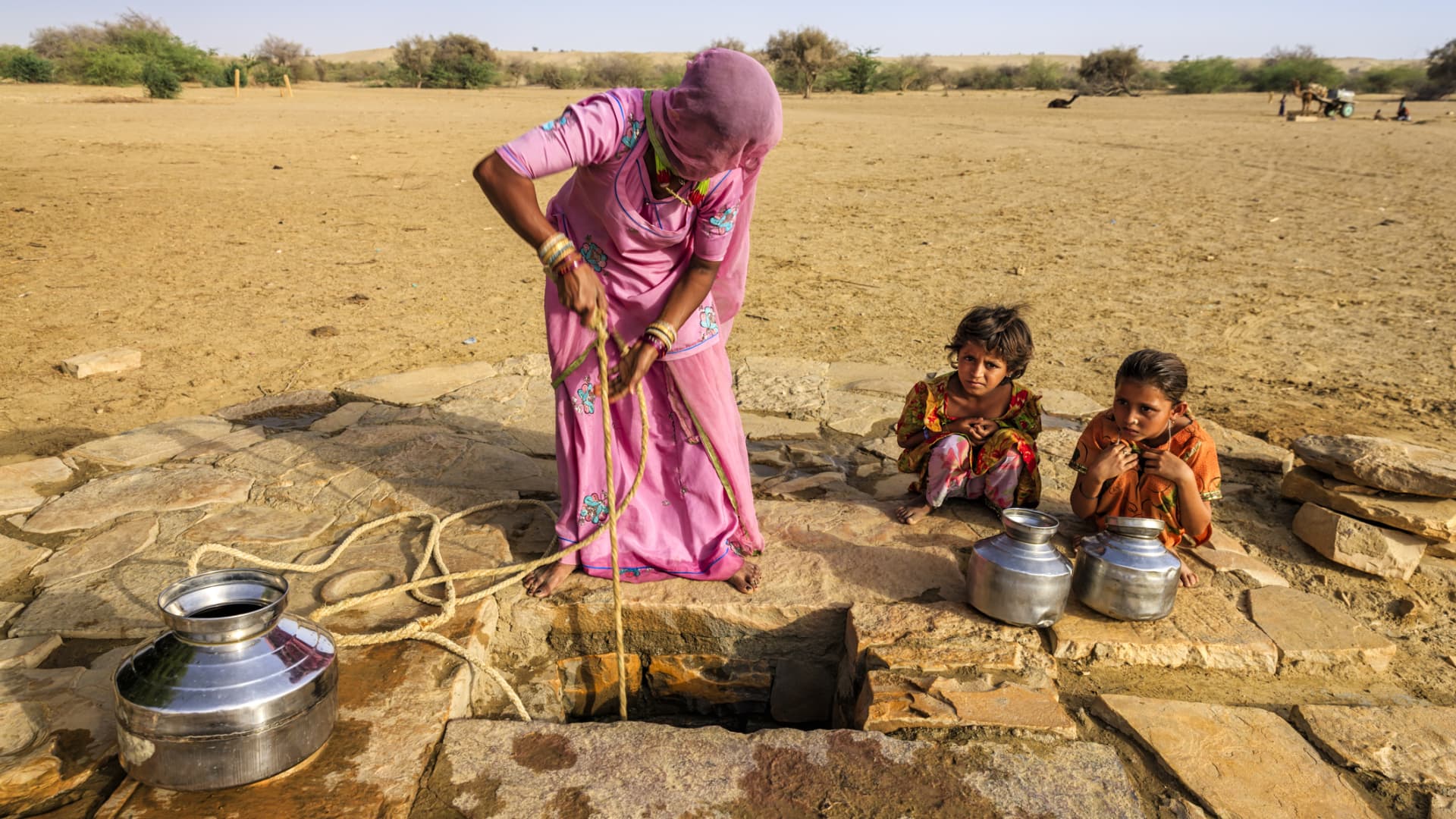U.S. Warns E.U. Over Blocking ICC Deals
"This will undercut all our efforts to repair and rebuild the transatlantic relationship just as we are taking a turn for the better after a number of difficult months," it added.
Washington has been at odds with the 15-member bloc over the interpretation of the 1999 Rome Statute which created the Hague-based ICC, particularly with regard to a provision that allows states to seek immunity for their troops through bilateral accords.
"These are bilateral matters between two nations and not things that the European Union should be interfering with," said one U.S. official.
The E.U. charges that accords signed by the United States with 37 countries around the world go too far and undermine the power of the ICC, whose chief prosecutor is due start work next week.
The E.U. in September agreed to allow member states to negotiate immunity deals bilaterally with the United States, subject to strict guidelines limiting those covered by the agreements to U.S. soldiers and diplomats.
So far only four European countries have signed bilateral deals with the United States, namely, Romania, Albania, Bosnia and Georgia.
Washington wants all U.S. nationals covered by the deals. It said it would ignore the guidelines and still press for immunity arrangements with reluctant E.U. members.
Of the four, only Romania is currently in negotiations to join the E.U., and it is not one of the 10 in line to become members next May.
The warning comes as the United States is facing opposition to renewal by the U.N. Security Council of a one-year exemption from the ICC for its troops serving as peacekeepers.
Only five of the 15 U UNSC members, Britain, Bulgaria, France, Germany and Spain, have ratified the Rome Statute which created the ICC.
‘Agreements’
The State Department said agreements had been concluded in recent weeks with Bolivia and Thailand, bringing to 37 the number of publicly announced ICC immunity deals Washington has inked thus far, Agence France-Presse (AFP) reported Tuesday.
The pact with Bolivia was reached on May 19 and the deal with Thailand was inked on June 3, department officials said.
They did not, however, say why the agreements had not been announced previously.
Under the American Service Members Protection Act, signed by President George W. Bush last year, the United States, with certain exemptions, must cut its military training and equipment financing programs to nations that do not sign deals granting Americans ICC immunity.
Washington refuses to support the ICC, claiming it could become a forum for politically motivated prosecutions of U.S. citizens including civilian military contractors and former officials.
But the exact number of countries affected and the exact amount of aid at stake was not immediately clear as some nations are exempted from the requirement and others have secretly inked the pacts, officials said.
At least one country — Egypt — has concluded an ICC immunity deal with the United States that has not yet been made public, AFP quoted diplomatic sources as saying.
In addition, some countries plan to sign the agreements before the deadline, officials added.
They cited Uganda, which is expected to ink a deal on Thursday, June 12, as an example.
However, with more than 100 countries receiving U.S. military assistance and only 37 agreements signed to date, the amount of aid involved could be substantial, officials said.
Exempted are NATO members and countries deemed "major non-NATO allies" a designation that covers Argentina, Australia, Bahrain, Egypt, Israel, Japan, Jordan, New Zealand, South Korea and the Philippines.
In addition, Taiwan is not affected by the threatened aid cut-off and Bush can exempt any country from the sanctions if he finds it in U.S. national interests.
Along with Bolivia and Thailand, the State Department has confirmed that the following nations have signed the immunity deals:
Afghanistan, Albania, Azerbaijan, Bahrain, Bhutan, Bosnia-Hercegovina, Djibouti, the Democratic Republic of Congo, the Dominican Republic, East Timor, El Salvador, Gabon, Gambia, Georgia, Ghana, Honduras, India, Israel, Madagascar, Maldives, the Marshall Islands, Mauritania, Micronesia, Nauru, Nepal, Palau, the Philippines, Romania, Rwanda, Sierra Leone, Sri Lanka, Tajikistan, Tonga, Tuvalu and Uzbekistan, according to an AFP count.



